Blog | Educational
How can we prepare the next generations for the challenges of the future?
14.02.22 | By DNS Student
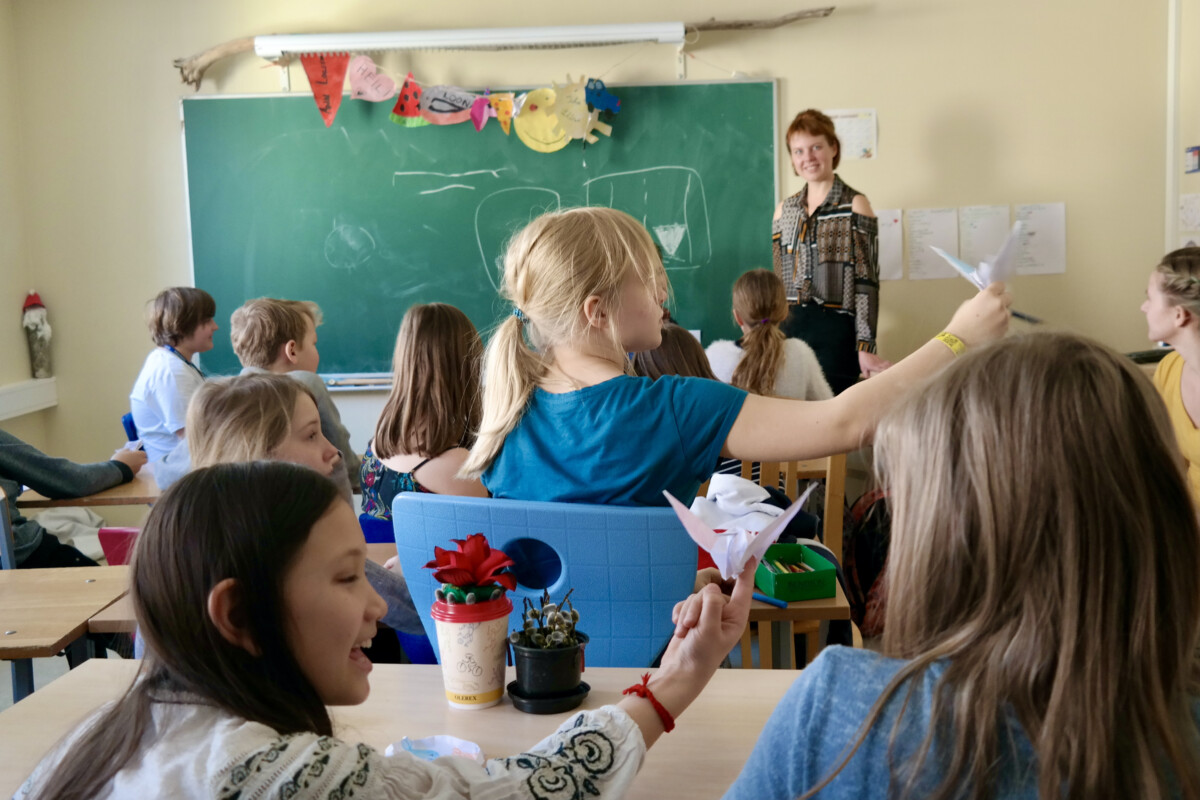





How can we prepare the next generations for the challenges of the future?
In the midst of global environmental, economic, and social struggles, the impression is that things do not intend to get better. Many, on the contrary, feel like the next few decades will be marked by challenges, worldwide crises and an overall state of emergency. It is then natural to worry about the youth of today, which will play a protagonist role in the world of tomorrow. How will they manage to deal with the consequences of past failures? How can we help them and prepare them for the challenges of the future?
No matter if you are a teacher, a parent, or just any person who happens to be in contact with youth, then – these are a few ideas on how we can prepare the next generations for the challenges of their adult lives.
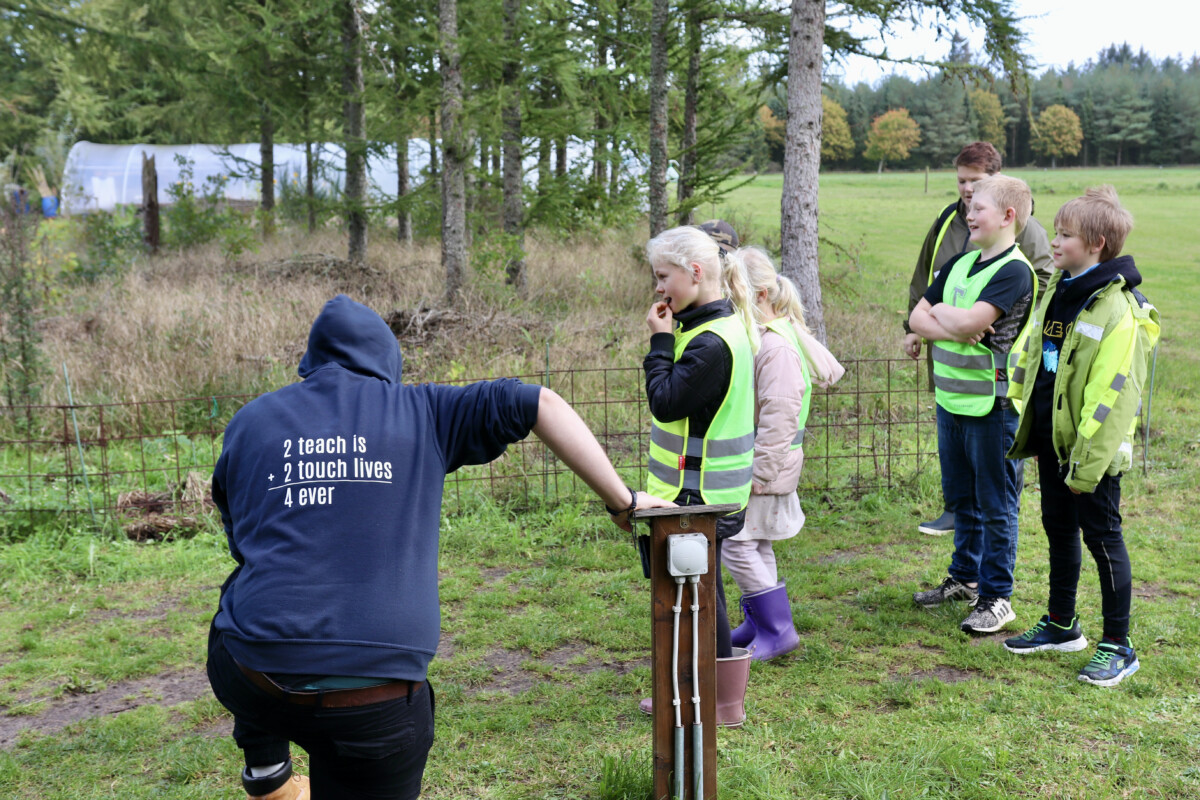
Preparing the next generations for their future by Learning to Learn
The problem with traditional education and standardized curricula is that it is very difficult to define which subjects and information will be relevant for each student. What is useful knowledge for a student might not be for another – and most importantly, what is useful today might not be tomorrow. This is the reason why several modern pedagogical theories suggest that learning how to learn – rather than learning actual content and information – is a rather more essential skill, that must be prioritized by educational institutions at large. Empowering the students with the tools and the motivation to learn whatever they deem appropriate and useful according to their specific situation, especially in a time when information is vastly retrievable online, is really a game-changing decision – already applied by a number of alternative educational programmes. This is certainly a good way to prepare the next generation for the challenges of the future.
What does this look like, in practice? On one hand, some schools of thought suggest showing the students that the learning takes place first and foremost outside of school walls and time. Students can and should be encouraged to learn from their reality and to follow their interests. Why not learn from traveling, for example? Observing a reality different from your own and meeting new people can be an eye-opening experience for just about anyone – bringing about a fresh understanding of both a new culture and reality, and of our own society and ways, too, out of contraposition.
On the other hand, there certainly are learning methodologies and techniques that, if taught and applied, would facilitate and smoothen out the students’ learning processes. To mention one out of many, Dewey’s formulation of ‘Learning by Doing’ is a very versatile tool that can help you understand what are the essential principles that stand at the base of efficient and memorable learning – and, ultimately, teach you how to learn.
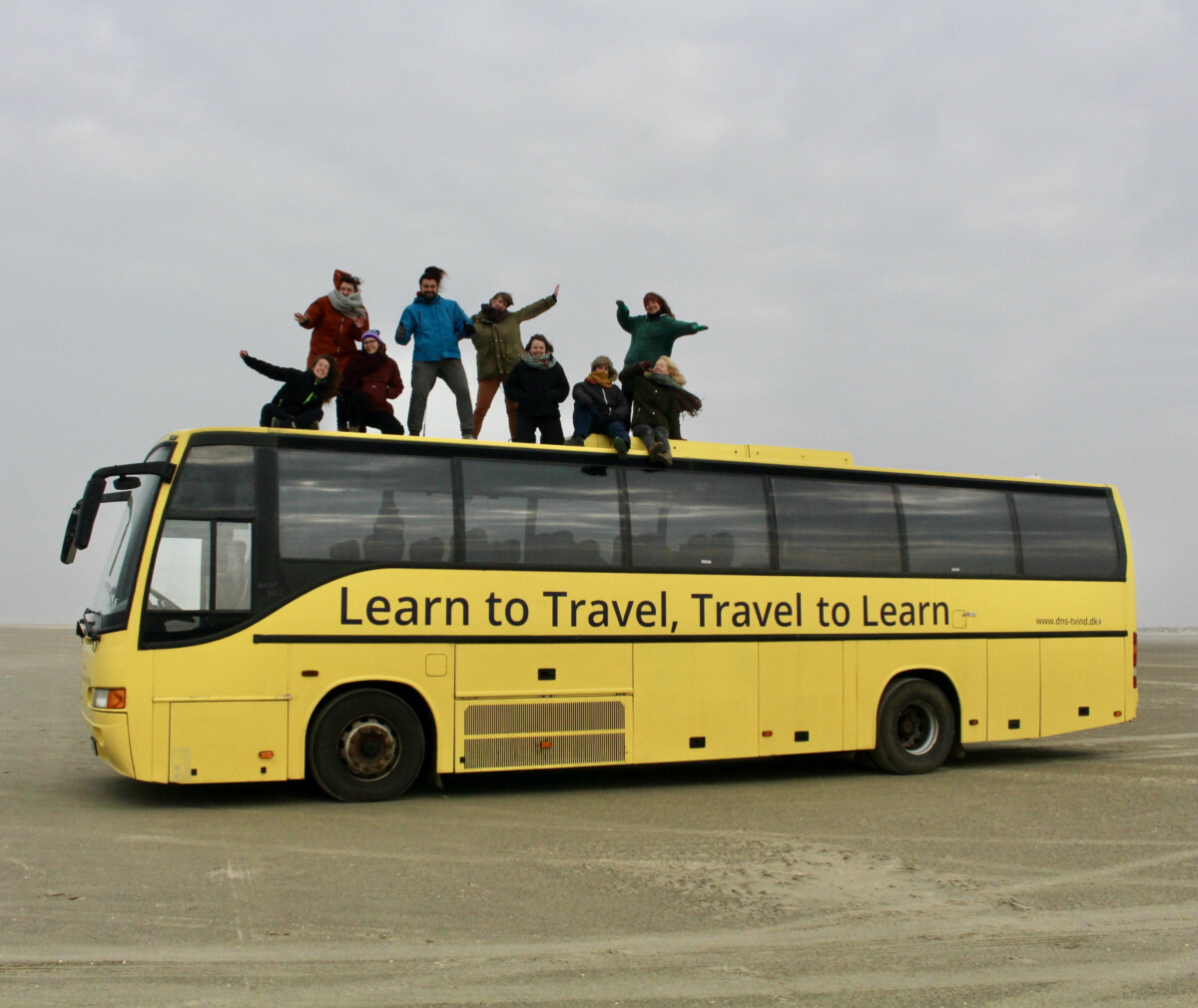
Preparing the next generations for the future by practicing Critical Pedagogy
A key ability that everyone should master is perceiving and interpreting critically the world around us – filtering with sense the information we come across, and constantly questioning the interests behind it. This is becoming only more relevant in a world flooded by fake news, profit-driven agendas and populist narratives. Whatever the developments of tomorrow, being critical will certainly be a useful tool for the next generation. How do you raise “free thinkers”, though?
Critical Pedagogy is a philosophy of education often associated with the pedagogues and philosophers Paulo Freire and Henry Giroux. It aims to do exactly what we described above: it encourages the students to analyze the reality around them – its power structures, contradictions and flaws. If education is to be something that equips the students with the tools to be critical towards their surroundings, it cannot help but be a political act. As Giroux himself puts it: “It views teaching as an inherently political act, rejects the neutrality of knowledge, and insists that issues of social justice and democracy itself are not distinct from acts of teaching and learning.” (Giroux, 2007).
Many schools of thought in the scope of alternative education include some elements of Critical Pedagogy: this is the case for practices such as student-centred education, for example, or igniting the students’ interests and including actions and practice as an essential part of their learning process. These features turn learning into a very active and rewarding experience for the students, which helps them develop the critical and inquisitive mindset they will benefit from for the rest of their lives.
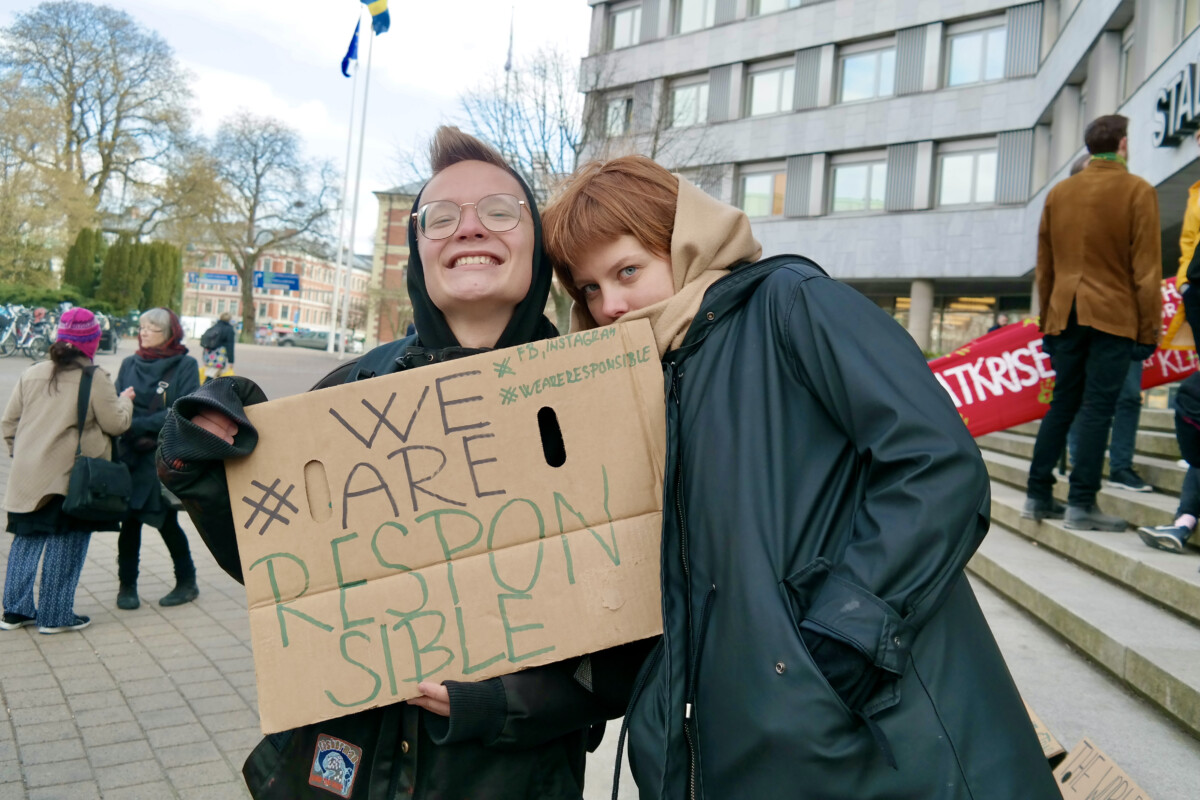
Preparing the next generations for the future by helping them master their social skills
The future will certainly bring about challenges that will be better faced through togetherness and cooperation. Many of the issues we face, already – social struggles such as inequality and discrimination – are symptoms of a society unused to working together and unequipped with advanced social skills. Increasing individualism, some might argue, is leading us to be less and less able to work with each other – an indispensable skill, if we want to make a change in our collective reality and to construct functioning and inclusive societies, in the first place.
Luckily, social skills can be trained and learnt – this is why we ought to reverse the trend of increasing societal atomization and start promoting healthy social behaviors and capacities in schools. This will not only prepare our youth to unite and act upon the challenges of the future – but it will allow them to live healthier and more fulfilling lives, too.
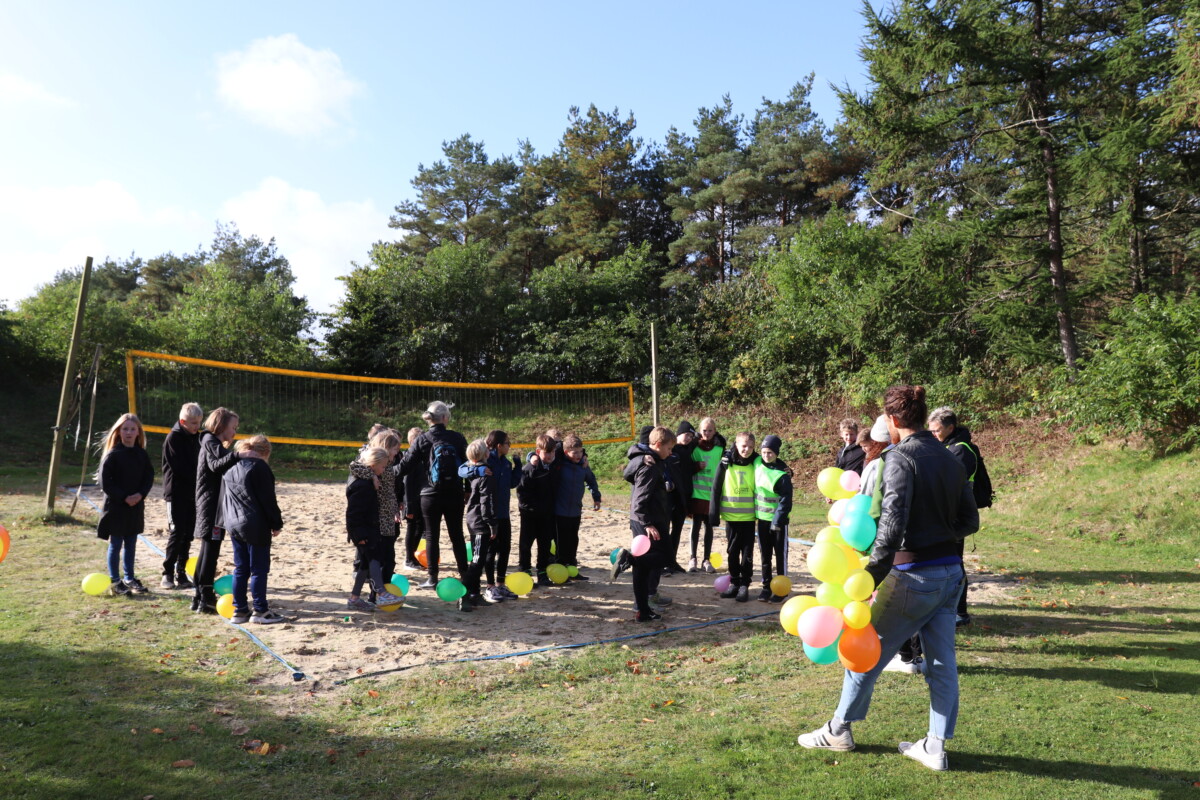
Preparing the next generations for the future by advocating for health
Just as it is important to learn to understand, interpret and act on the world, it is also relevant to get better at taking care of ourselves and, sometimes, protecting ourselves from it. On both a physical and mental level, the world of tomorrow will require resilience – strong, secure individuals who will have the surplus to face serious environmental and humanitarian challenges.
This is a lot to ask of a generation – the least we can do, at the moment, is to try our best to raise healthy individuals. Starting from how we care for the young people around us and relate to them, to what habits we promote and what lifestyles we lead, down to how we talk about mental health and emotions – there are a billion ways to advocate for health and wellbeing.
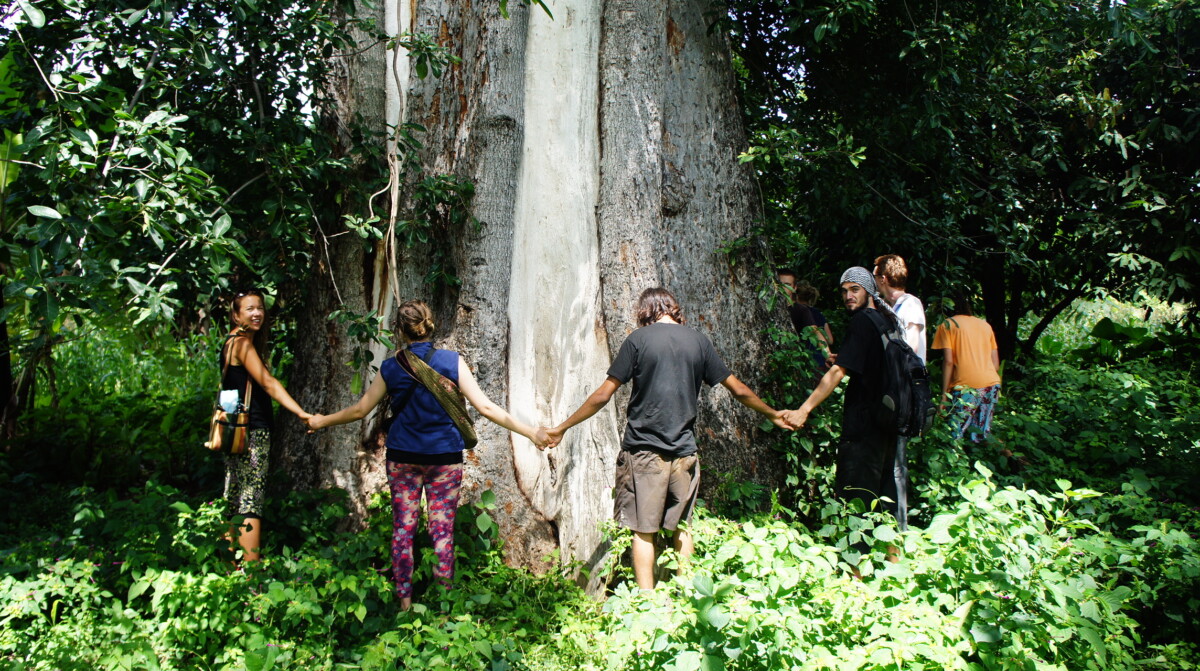
Conclusion
These four ideas are our best shot at how we can prepare the next generations for the challenges of the future. Raising them to be healthy, strong individuals equipped with flexible skills that can be used in a variety of situations is perhaps the best way to face the fact that we don’t know, exactly, what their future will look like. Flexibility – exactly – is maybe the biggest takeaway of this article.
Another thought to conclude: although it might not seem obvious in most countries in the Global North, the crises have already started, and the actions and behaviours we take on today will have a direct impact on the future of the next generation. Why not start acting now?
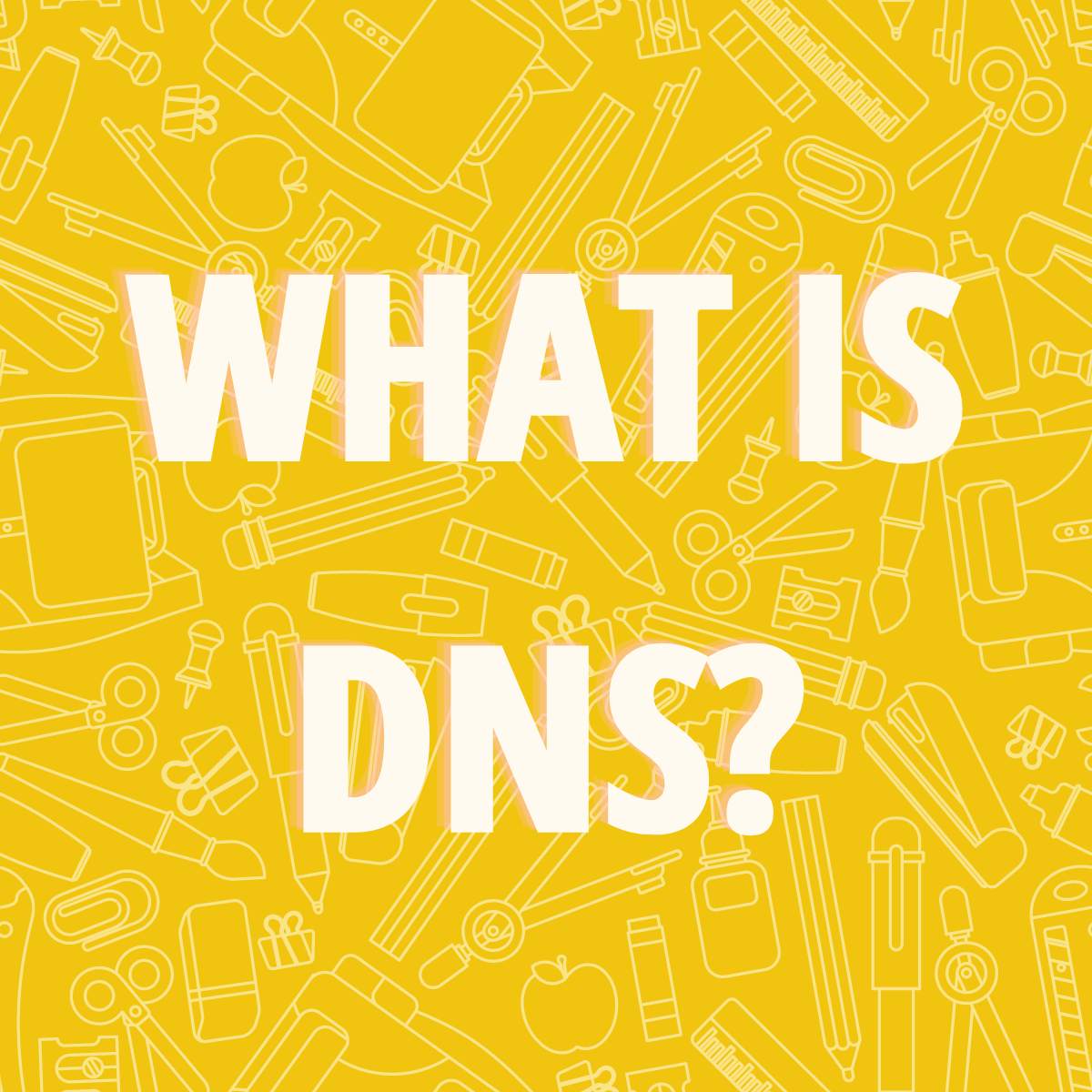
What is DNS?
“The Necessary Teacher Training College” is an alternative higher education aiming to train progressive personalities who are able to understand and respond to the many challenges of our times.
Based in Denmark, our 4-year Bachelor Programme aims to enable its students to become global citizens and proficient educators.
Since DNS was established in 1972, over 1.000 graduates have played an important role in bringing equitable quality education to children and youth, as well as in all sorts of other projects and development programmes worldwide.
Learning by Doing at our College
Learning by Doing is one of the essential principles of our pedagogy, at the Necessary Teacher Training College. If you want to know more about our pedagogy, read about our pedagogical principles or contact us!
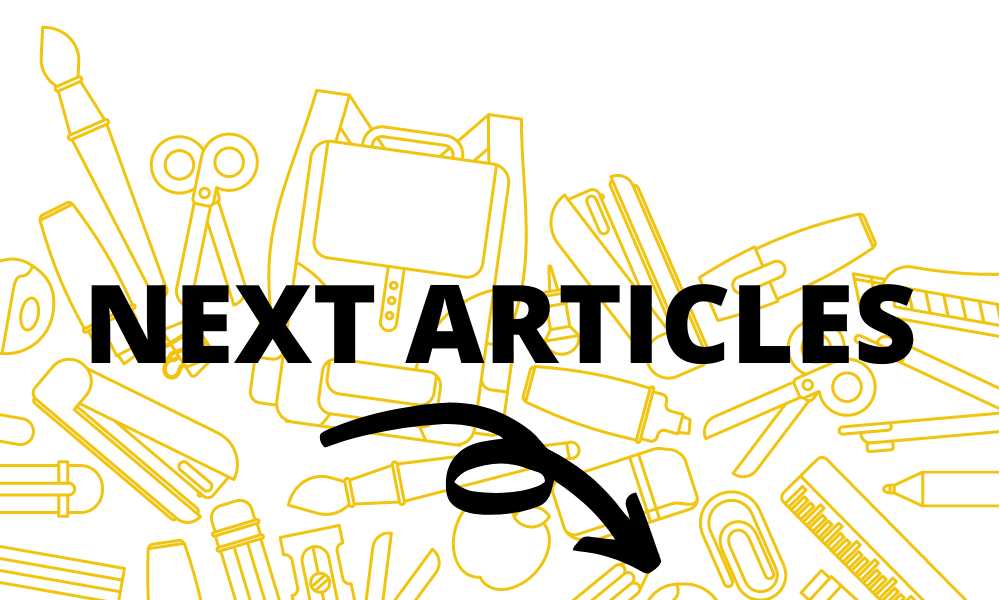
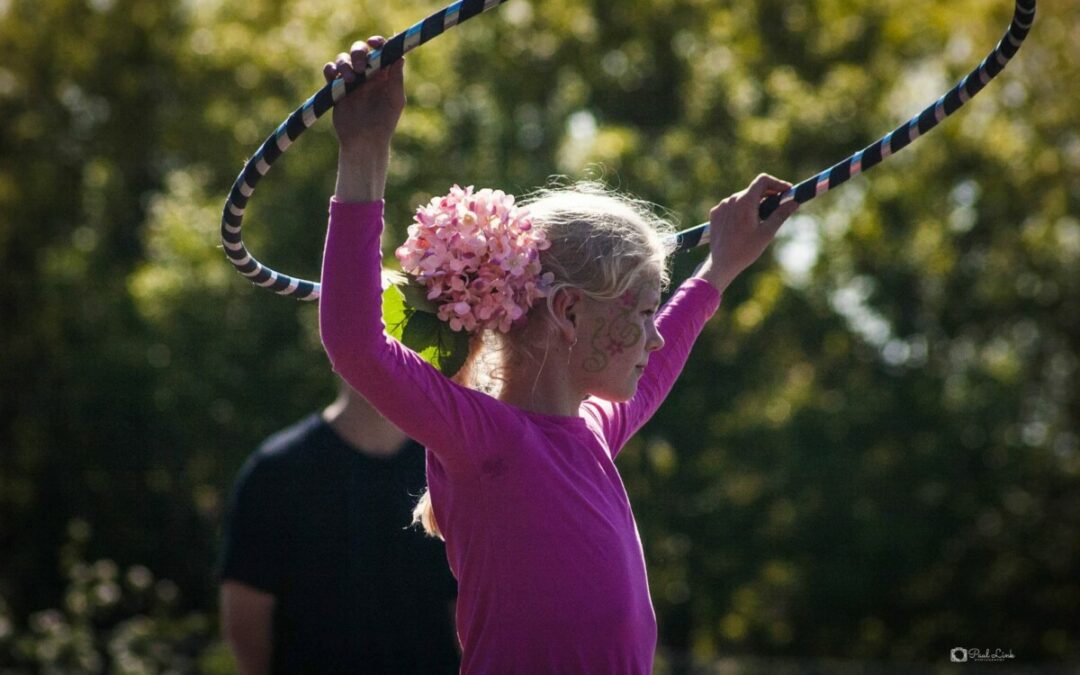
Student experiences: “Learning about Gamification in Adult Education”
In order for gamification in adult’s education to work, educators should resort to strategies such as promoting fun and engaging activities whilst creating a safe and supportive learning environment.
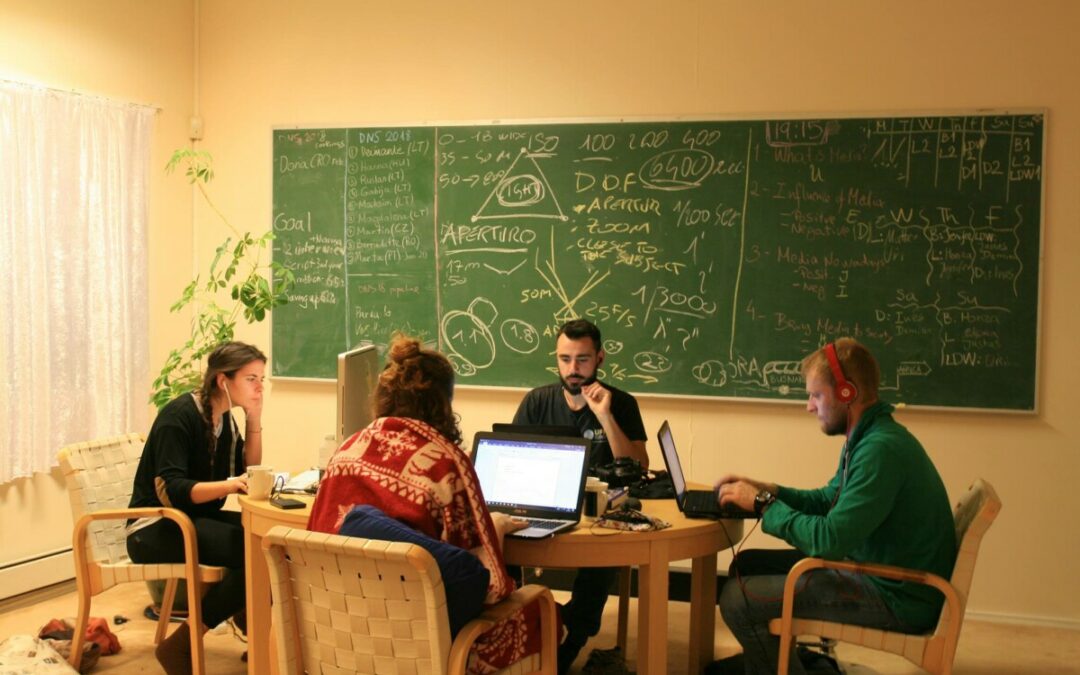
Transforming Education with these 5 unconventional Teaching Methods
These are five unconventional teaching methods – or learning, if you prefer – drawn from the experience of our Bachelor Programme in Alternative Education. We hope they’ll inspire you to approach learning for what it is – an engaging and fulfilling activity, at its core.
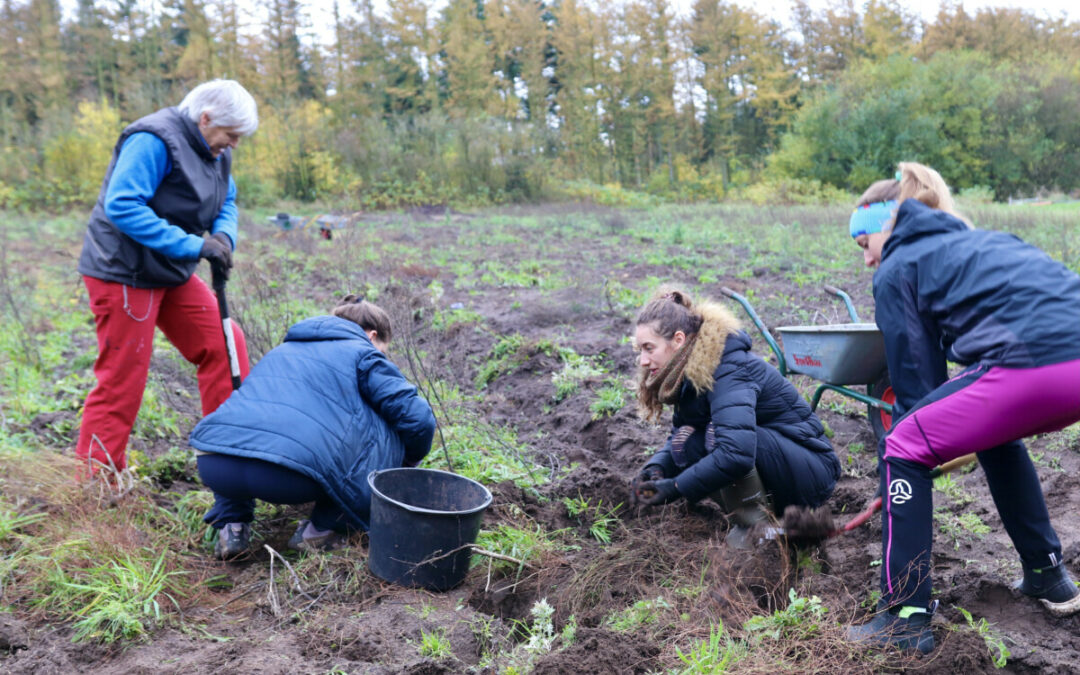
Student experiences: “We need intergenerational collaboration to face the Climate Crisis”
Intergenerational projects – like combining kindergarten and old age homes under the same roof – are showing us an enlightening new approach to planet protection.


Let’s start a discussion!
Did you like this article? Let us know what you think in a comment!
“How can we prepare the next generations to face the consequences of past failures?”
Here is what others think:
3 Comments
Submit a Comment


Student experiences: “Learning about Gamification in Adult Education”
In order for gamification in adult’s education to work, educators should resort to strategies such as promoting fun and engaging activities whilst creating a safe and supportive learning environment.

Transforming Education with these 5 unconventional Teaching Methods
These are five unconventional teaching methods – or learning, if you prefer – drawn from the experience of our Bachelor Programme in Alternative Education. We hope they’ll inspire you to approach learning for what it is – an engaging and fulfilling activity, at its core.

Student experiences: “We need intergenerational collaboration to face the Climate Crisis”
Intergenerational projects – like combining kindergarten and old age homes under the same roof – are showing us an enlightening new approach to planet protection.

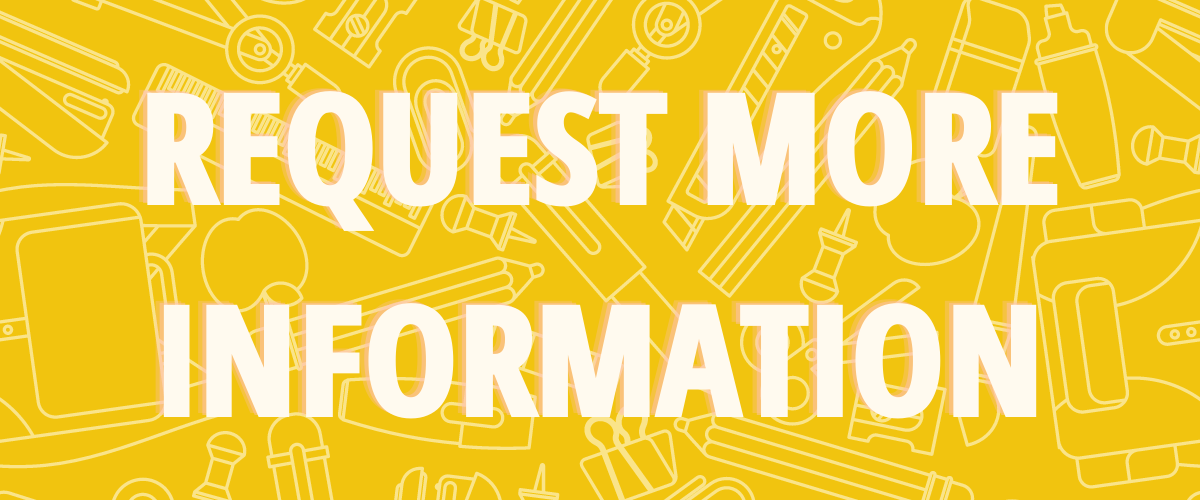

How we can prepare the next generations for the challenges of the future is perhaps the most important question we can ask ourselves today.
Presenting four ideas in this “in a nutshell” article is indeed inspiring. I would love to see these four ideas expanded in their own blog posts. 🙂
Hi!
Your article is well written, it also has the names corresponding to quotes used, which gives weight to it. I imagine you could still tweak it up some more but all of these pieces of work are always in progress, right? I liked the fluidity of it, however at the end of the article it says “DNS Student but I didn’t see your name…2nd year student.
i noticed that you asked at the end of the learning critical thinking skill paragraph, how we can raise free thinkers? Do you think that having critical thinking is one of the base stones to becoming a free thinker or what are these bases that give us the freedom and authenticity in our ideas, and thoughts? 😀
Also, I am curious to hear how we can prepare future generations to have the motivation and inspiration to overcome all these challenges that the world and society offer us. And how DNS has awakened this motivation and inspiration in you (because it is so beautifully recognizable in you articles :D)